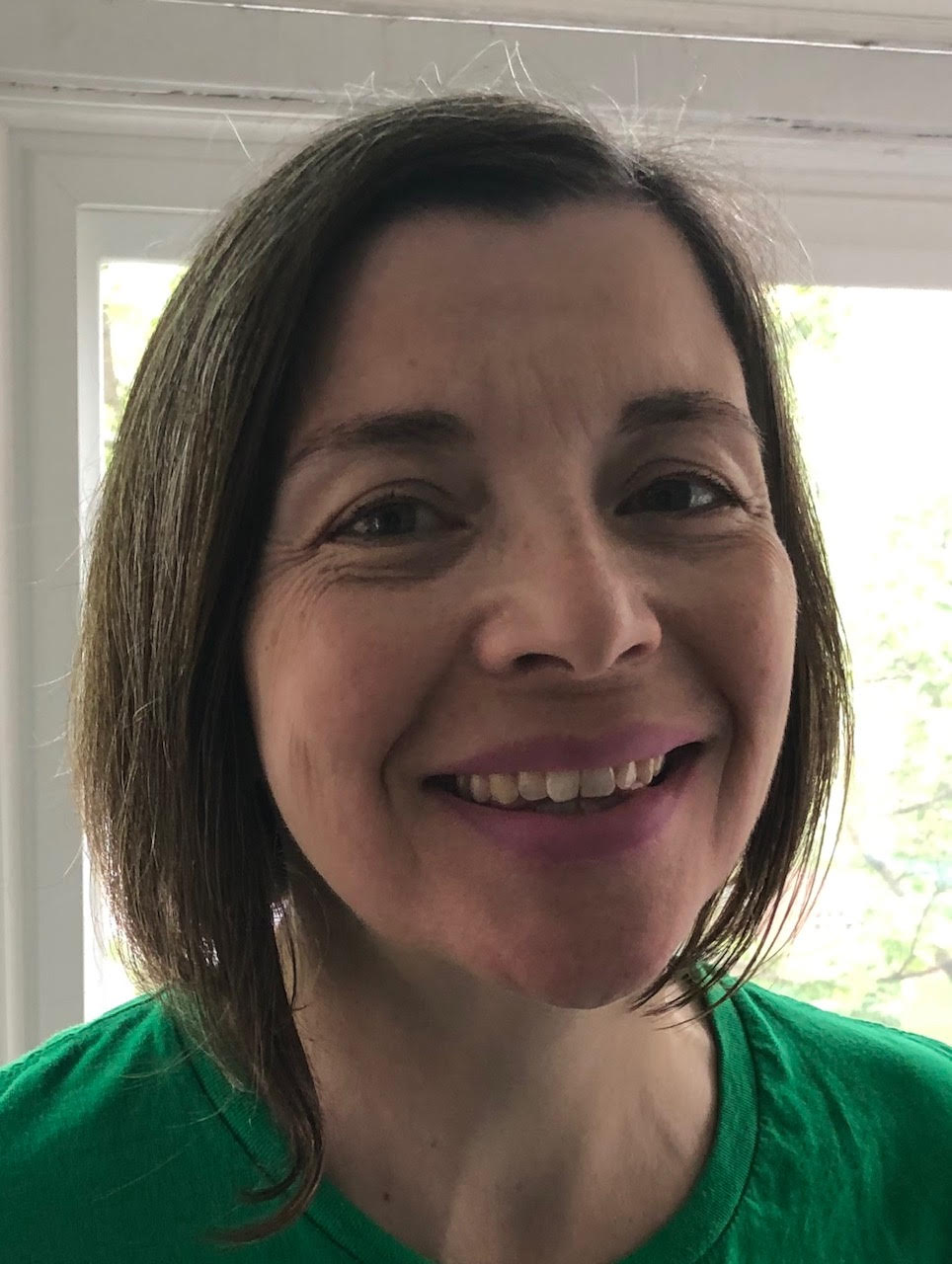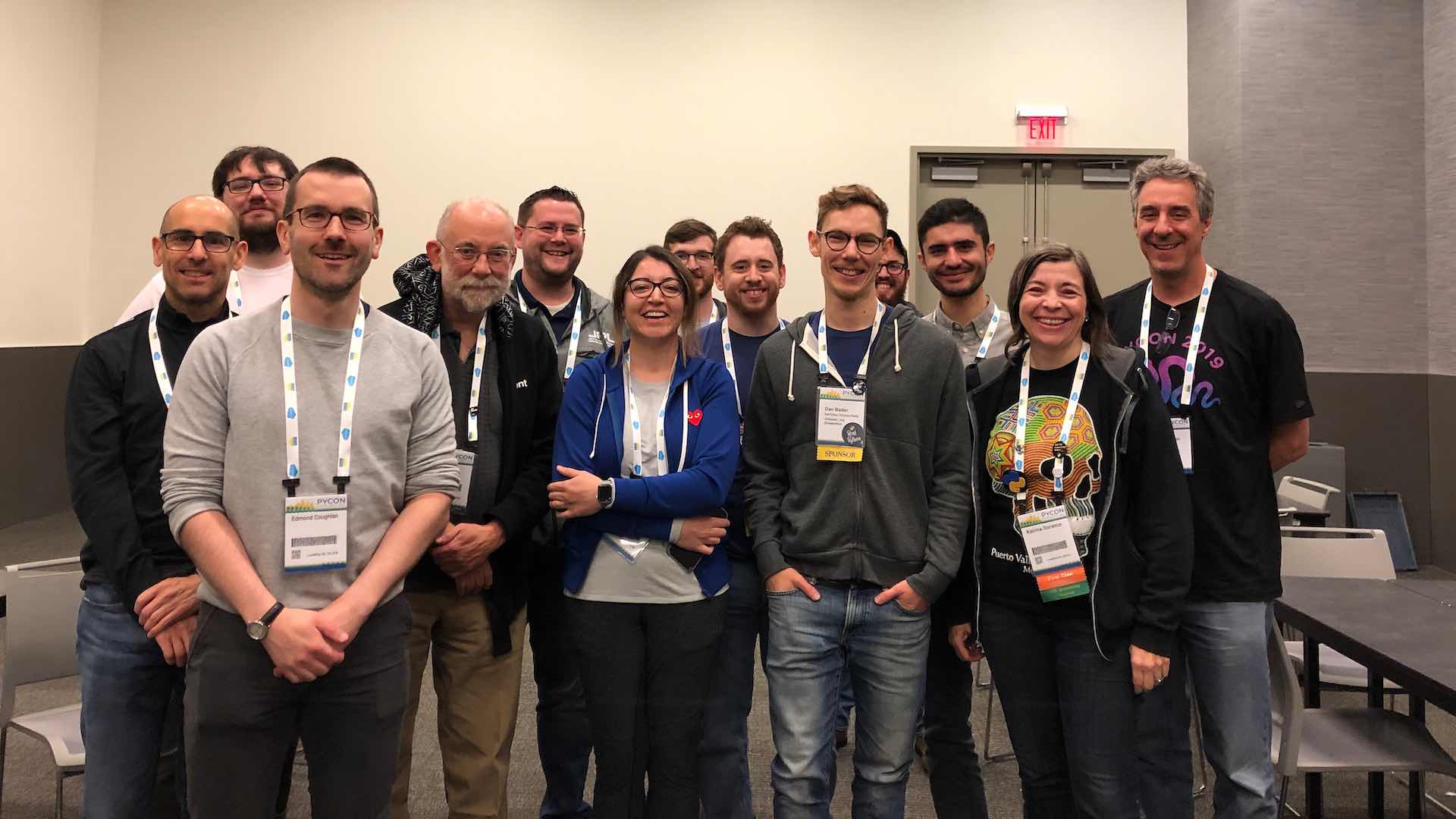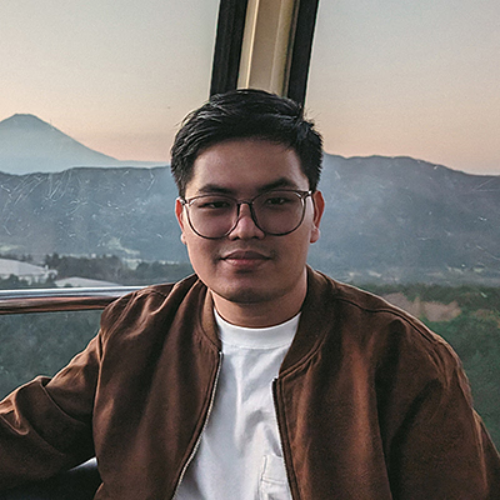Interview conducted in 2019: Some details—such as the guest’s role or references to new developments—may have changed since this conversation took place. If you’re looking for more voices from the Python world, then browse the community topic or use the site search. If you’re looking for fresh conversations, then tune in to the Real Python Podcast.
With PyCon US 2019 over, I decided to catch up with a PyCon first-timer, Katrina Durance. I was curious to see how she found the experience and what her highlights were. I also wanted to understand how attending a conference like PyCon influenced her programming chops.
Ricky: Let’s start with the same questions I ask all my guests. How’d you get into programming? When did you start using Python?

Katrina: Python was my first programming course in grad school back in 2013. I also learned R and SQL. The two jobs I’ve been in since I graduated have been completely SQL-focused, so Python and R fell by the wayside.
Since I work at an arts college in Chicago (Columbia College Chicago) I’m able to take courses for free. We have a gaming program so all our programming courses are game related. Since I’m a gamer and a very visual learner, I decided to take a C# course where we worked on building small games. I liked it.
I really struggled a lot with Python when I first learned it, but working with a programming language in a visual context started to clarify a lot of concepts for me. I knew after that course that I wanted to build my skills to get into full-time programming. I eventually came up with a study plan and decided to return to my Python roots at the beginning of this year.
Ricky: This year you attended PyCon US for the first time. I’m curious why this year was your first. What changed or made you want to go this time around?
Katrina: What really clinched it was knowing that there was going to be a group from PythonistaCafe, and a big contingent from the Chicago Python User Group meetup there. So I knew I would see some friendly faces. I didn’t feel I was doing it all alone.
Ricky: Everyone’s PyCon experience is different. I’m wondering if you had a standout moment this year? Is there one thing that you’ll remember synonymously with your first PyCon experience?
Katrina: The mentored sprints were a big deal for me. I ended up working on an issue on a tool (Hypothesis) that I didn’t understand because I haven’t learned much about testing at all yet.
I was feeling frustrated and concerned that everything would go over my head. But our mentor was amazing and so encouraging and showed me a bunch of things I was learning and kept me going to the end. Now I have a closed issue on the software with my name on it, which is pretty cool.
Ricky: We, of course, met face to face several times over the weekend. But most notably at the PythonistaCafe open space. How was your open space experience? Did you learn anything new, or were there any actionable takeaways?
Katrina: I was excited about the PythonistaCafe open space because of the chance to meet some of the folks I’ve interacted with or just seen on the forum, and I wasn’t disappointed.
I hosted an open space for self-taught programmers like me. I was stunned when 30-ish people showed up. I did my best to manage it and got some positive feedback and helpful advice.
The PyCon Africa meetup was very enlightening because I learned that the reason we’re not seeing a boom in innovation from Africa yet is that the internet is prohibitively expensive in every country represented in the room. It didn’t matter if it was government regulated or privately owned. I would love to help figure out how to solve that problem.

Ricky: There is so much to do at PyCon that there’s just not enough time to do it all. So was there anything you wish you had done or a talk you’d missed that you wish you hadn’t? Anything you’d do differently next time?
Katrina: I felt PyCon was what I was hoping it would be for this first time around, to be honest. Next year I want to stay for the sprints, which people kept telling me were amazing.
Ricky: So for those reading this that have yet to go to their first PyCon, this might be the most important question… How did attending PyCon affect how you will write your Python code going forward?
Katrina: I had to talk about my code. When you’re self-taught, you don’t get a lot of opportunities to talk through your code. Through the conversations I had at PyCon, I was encouraged to be more deliberate about taking advantage of my Slack and local Python communities to practice those communication skills.
In other words, I need to notch up my courage and not worry if I’m not coding it or explaining it well yet. I just need to keep coding and explaining.
Ricky: Last but not least, what else do you get up to in your spare time? What other hobbies and interests do you have, aside from Python and coding? Anything you’d like to plug?
Katrina: I love all things Sci-Fi and weird: movies, TV series, books, etc. I’m a LEGO enthusiast and have a penchant for building lost temples out of my love for H. P. Lovecraft stories. I really like VR and enjoy playing games on my Oculus Go. I also make jewelry out of felt, found objects, or even LEGO pieces.
If you’d like to catch up with Katrina and say hi, drop her a message on Twitter.
If there’s someone from the Python community that you’d love me to interview, leave a comment below and let me know.



